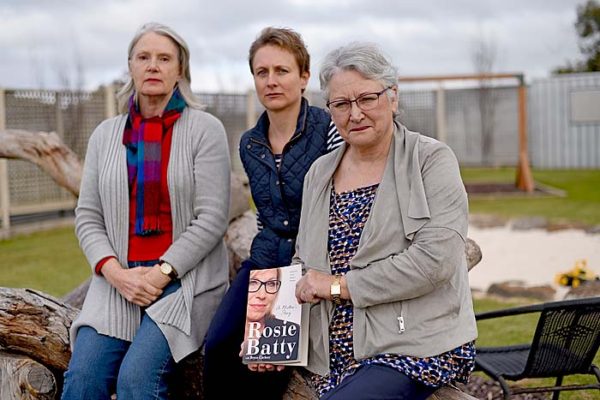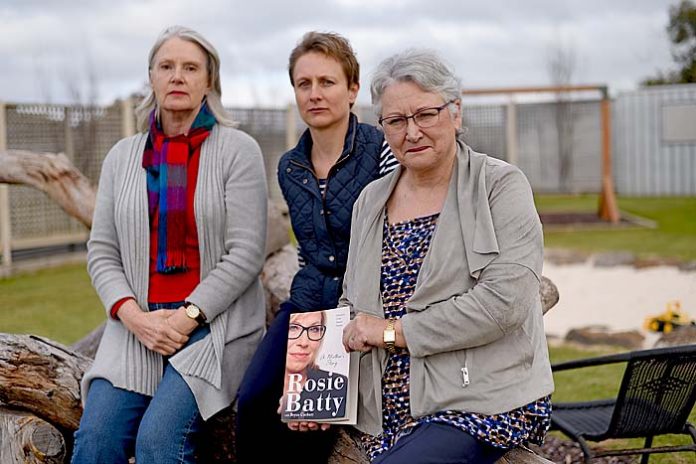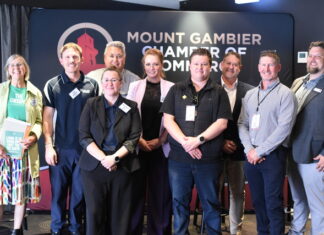
DOMESTIC violence victims throughout the region will be put at serious risk once the South East Community Legal Service closes its doors, according to local Soroptimist International members.
After joining together to support Rosie Batty’s campaign to lobby Prime Minister Malcolm Turnbull to reinstate federal funding for community legal services throughout Australia earlier this year, president Christine Plunkett was devastated to hear of the latest development.
“On April 24, we were elated to learn that a considerable amount of the funding that was to have been discontinued would be reinstated – now we find that our State Government is failing to pass these funds on to regional communities,” she said.
Writing to both Premier Jay Weatherill and Attorney General John Rau on behalf of the group, Ms Plunkett said they are desperately hoping there will be a change of decision.
“I have just finished reading Rosie Batty’s novel ‘A Mother’s Story’ and there were so many times that the legal service let her down – this brings to light the issues domestic violence victims in the South East may face if the closure of the SECLS goes ahead,” she said.
“It is one we can’t afford to let go of – they have been renowned as an excellent service over the years – why does that need to be reduced? If anything, it needs to be extended.”
Working regularly to bring the issue of domestic violence to light by holding conferences, supporting the Limestone Coast Domestic Violence Service and advocating for events such as the domestic violence vigil, members at Soroptimist International understand the impacts the closure will have on the community.
“Domestic violence is being talked about more openly and we are encouraging women to come forward to seek help, but without substantial legal help we are just shutting the door on them again,” Ms Plunkett said.
Soroptimist International Mount Gambier member Virginia Hill said the last thing domestic violence victims need is to have to go through a number of different people via a telephone service in Adelaide.
“They are already placed in an uncomfortable situation and lose confidence when they don’t receive immediate help – there really needs to be one contact who can meet with them face to face,” she said.
“Body language speaks a lot more in these cases with the signs of domestic violence more obvious.”
Disappointed with the State Government’s decision, Ms Hill said the biggest issue for her personally was equity.
“The metro area is provided with ample funds and assistance, but country people lose their service – why should regional communities miss out?”





![[READER COMPETITION] – Win a double pass to see Cosentino – TRICKED LIVE](https://borderwatch.com.au/wp-content/uploads/2026/03/Cosentino-100x70.png)


